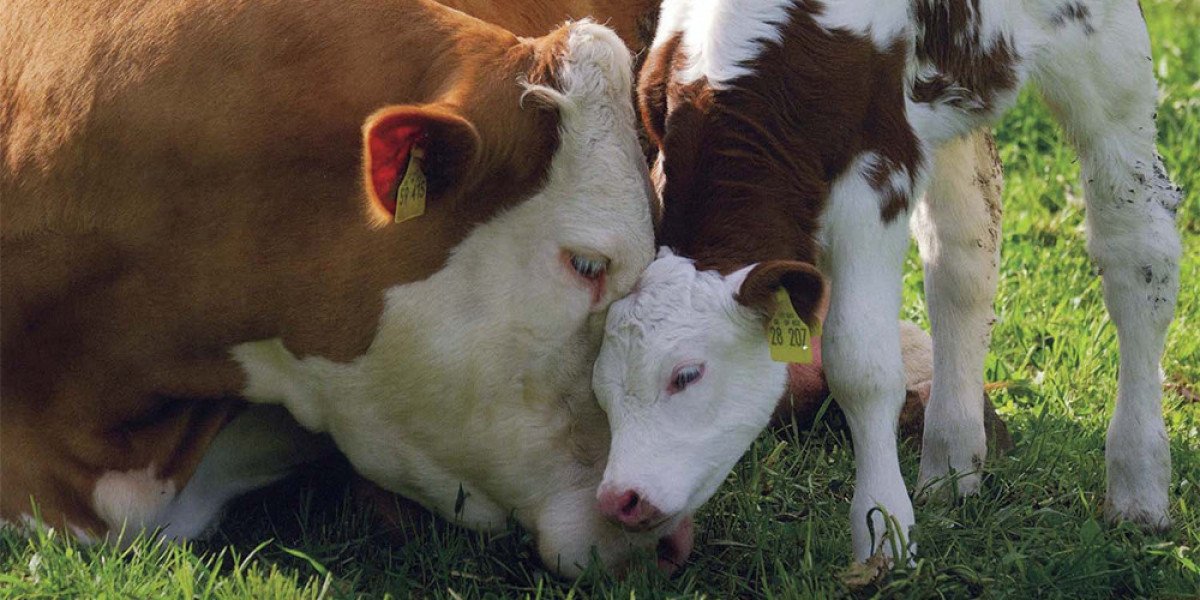The environmental meat industry costs are often overlooked, but they represent a significant burden on our planet and future generations. From deforestation and water pollution to greenhouse gas emissions and habitat destruction, the environmental impacts of meat production are vast and far-reaching. By recognizing and addressing the environmental meat industry costs, we can work towards a more sustainable and equitable food system that prioritizes the health of the planet and all its inhabitants.
The environmental meat industry costs are evident in the destruction of natural ecosystems and biodiversity loss. Large-scale livestock farming requires vast amounts of land for grazing and feed production, leading to deforestation and habitat destruction in some of the world's most biodiverse regions. Forests are cleared to make way for pastureland and monoculture crops, displacing indigenous communities and threatening the survival of countless plant and animal species. This loss of biodiversity not only undermines ecosystem resilience but also reduces the planet's capacity to adapt to climate change and other environmental stressors.
Moreover, the environmental meat industry costs include water pollution and depletion of freshwater resources. Livestock farming produces vast quantities of manure and other waste products, which can contaminate waterways and groundwater supplies with pathogens, antibiotics, hormones, and other pollutants. Runoff from feedlots and factory farms carries these contaminants into rivers, lakes, and oceans, posing risks to aquatic ecosystems and human health. Additionally, the water-intensive nature of meat production contributes to water scarcity in regions already facing water stress, exacerbating conflicts over water resources and undermining sustainable water management efforts.
Furthermore, the environmental meat industry costs are closely tied to climate change and greenhouse gas emissions. Animal agriculture is a significant contributor to global warming, accounting for a substantial portion of total greenhouse gas emissions worldwide. Livestock farming produces methane, a potent greenhouse gas with a much higher warming potential than carbon dioxide, as well as nitrous oxide from fertilizer use and land management practices. These emissions trap heat in the atmosphere, leading to rising temperatures, extreme weather events, and other climate-related impacts that threaten ecosystems, communities, and economies around the world.
In conclusion, the environmental meat industry costs represent a significant and unsustainable burden on our planet and future generations. From deforestation and water pollution to climate change and biodiversity loss, the impacts of meat production are vast and far-reaching. By recognizing the true costs of meat consumption and transitioning towards plant-based diets and more sustainable food systems, we can mitigate environmental damage, protect natural resources, and promote a healthier and more resilient planet for all. Through collective action and informed decision-making, we can create a future where environmental meat industry costs are minimized, and sustainable and equitable food systems thrive.
https://www.dizalty.com/read-blog/60176








